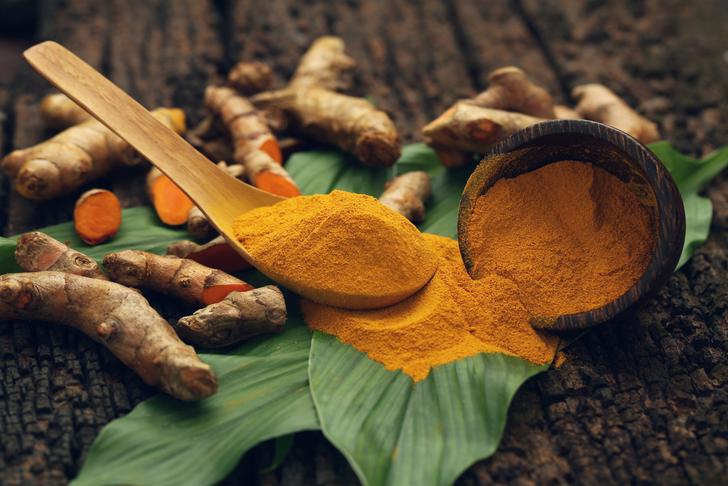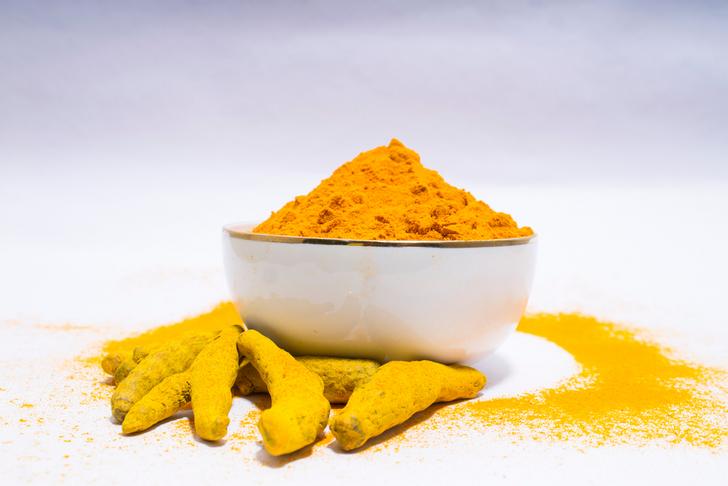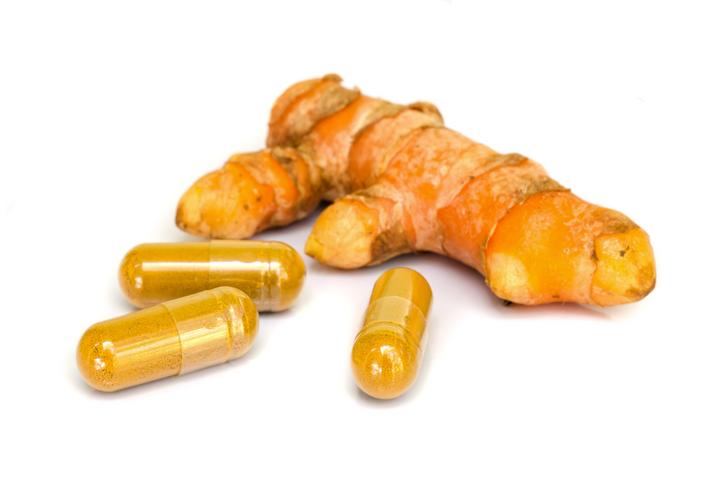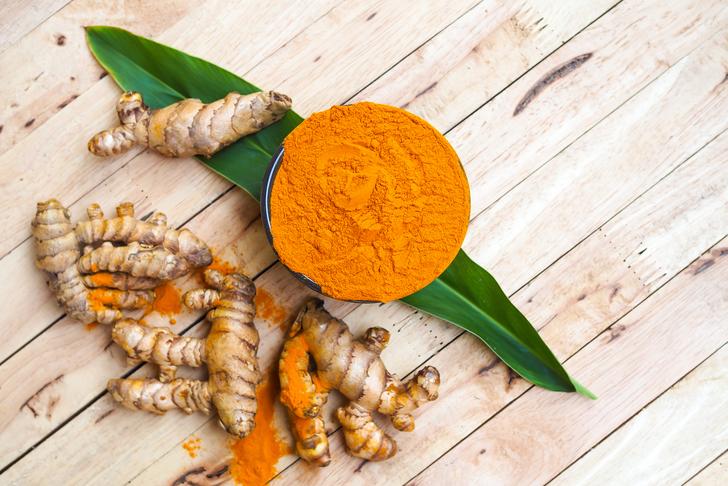Unlocking the Health Benefits of Turmeric
Turmeric, a golden spice derived from the root of the Curcuma longa plant, has been used for centuries in traditional medicine for its numerous health benefits. This article will explore ten of these benefits, backed by scientific research, that make turmeric a powerful addition to your daily routine.
Anti-Inflammatory Properties
Turmeric contains a compound called curcumin, which has potent anti-inflammatory properties[[1]]. Chronic inflammation is linked to various diseases, such as heart disease, diabetes, and cancer[[2]]. Incorporating turmeric into your diet may help reduce inflammation and promote overall health.

Advertisement
Improved Brain Function
Curcumin has been shown to increase levels of brain-derived neurotrophic factor (BDNF), a protein that plays a crucial role in the growth and maintenance of neurons[[1]]. Low levels of BDNF are associated with neurodegenerative diseases, such as Alzheimer’s and vascular dementia[[3]]. By increasing BDNF levels, turmeric may help protect against cognitive decline.

Advertisement
Diabetes Management
Research suggests that curcumin may help regulate blood sugar levels and improve insulin sensitivity, making it a potential aid in managing diabetes[[4]]. However, more studies are needed to determine the optimal dosage and duration of curcumin supplementation for diabetes management.

Advertisement
Arthritis Relief
Due to its anti-inflammatory properties, turmeric may help alleviate the pain and inflammation associated with arthritis[[5]]. Some studies have shown that curcumin supplementation can be as effective as certain anti-inflammatory drugs in reducing arthritis symptoms[[6]].

Advertisement
Liver Health
Turmeric has been found to protect the liver from damage caused by toxins and oxidative stress[[7]]. It may also help prevent the progression of liver diseases, such as non-alcoholic fatty liver disease and liver fibrosis.

Advertisement
Cancer Prevention
Curcumin has been shown to have anti-cancer properties, including the ability to inhibit the growth of cancer cells and prevent the spread of tumors[[8]]. While more research is needed to determine the full extent of turmeric’s cancer-fighting potential, incorporating it into your diet may provide some protection against cancer development.

Advertisement
Antidepressant Effects
Some studies have found that curcumin may have antidepressant effects, potentially by increasing levels of serotonin and dopamine in the brain[[9]]. While more research is needed to confirm these findings, turmeric may offer a natural alternative to traditional antidepressant medications for some individuals.

Advertisement
Skin Health
Turmeric has been used in traditional medicine for its skin-healing properties, and recent research supports these claims. Curcumin has been found to promote wound healing, reduce inflammation, and protect against UV-induced skin damage[[10]]. Incorporating turmeric into your skincare routine may help improve the appearance and health of your skin.

Advertisement
Immune System Support
The anti-inflammatory and antioxidant properties of curcumin may help support a healthy immune system[[1]]. By reducing inflammation and oxidative stress, turmeric may help protect against infections and promote overall immune health.

Advertisement
Digestive Health
Turmeric has been used traditionally to treat digestive issues, such as indigestion and bloating. Its anti-inflammatory properties may help soothe the digestive tract and promote healthy digestion[[1]].
Foods with Similar Health Benefits
The following foods have similar health benefits to Turmeric:
Ginger: Known for its anti-inflammatory and digestive properties, ginger is a root that shares many benefits with turmeric. It is also used to alleviate nausea and soothe upset stomachs.
Cinnamon: This spice has strong antioxidant properties and has been linked to reduced inflammation and lower blood sugar levels. It may also have benefits for heart health.
Garlic: Garlic is well known for its immune-boosting properties. It also has anti-inflammatory effects and can help lower cholesterol and blood pressure.
Cayenne Pepper: This hot pepper contains capsaicin, which may help reduce pain and inflammation. It has also been linked to increased metabolic rate and appetite reduction.
Black Pepper: Often paired with turmeric to increase its bioavailability, it has its own health benefits. It has anti-inflammatory properties, can improve digestion, and may improve brain function.
Rosemary: This aromatic herb has strong antioxidant properties and may improve digestion, memory, and concentration.
Advertisement
Conclusion
Like turmeric, several other foods — such as ginger, cinnamon, garlic, cayenne pepper, black pepper, and rosemary — offer various health benefits. They are rich in anti-inflammatory and antioxidant properties and can support multiple bodily functions and systems. Including different spices and herbs can promote overall health and well-being. As with any dietary changes, it is essential to consult with a healthcare professional to ensure they align with your health goals and needs. Remember, spices like turmeric are not just culinary additions but nature’s way of providing potent and beneficial compounds to support our health.

Advertisement





